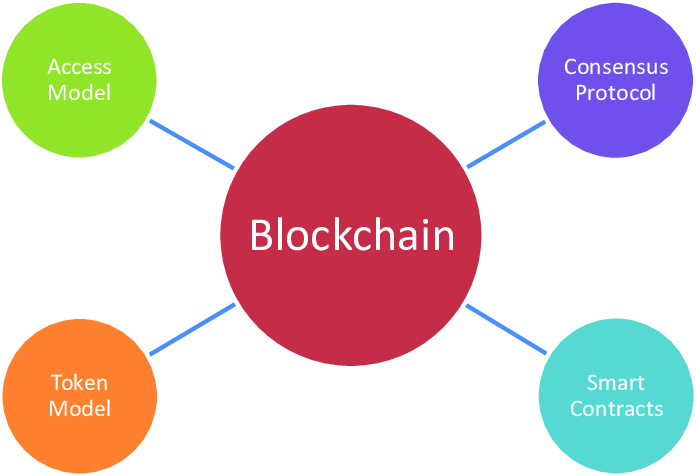In this digital era, transformative technologies are the product of innovation. One of the innovative development that has attracted interest from all over the world is Blockchain. The blockchain technology is related to digital currencies like Bitcoin, which more than just a tool for financial world. Many businesses, including banking, supply chains, healthcare, and real estate, stand to benefit from this innovation. In this blog post, we’ll look at the foundations of blockchain development, the guiding ideas behind it, and the various uses that will make it revolutionary in the future.
Understanding Blockchain Technology
A distributed, decentralised ledger that records transactions over a network of computers is the essence of a blockchain. A blockchain is unchangeable, transparent, and safe in contrast to conventional centralised systems, in which a single organisation is in charge of the data. Each block in the chain holds the transaction data, a timestamp, and a distinct cryptographic hash. By ensuring that each transaction is confirmed and connected to the one before it, this structure establishes a continuous and impenetrable chain of information.
The blockchain runs on a consensus algorithm, such Proof-of-Work (PoW) or Proof-of-Stake (PoS), that makes sure the network can agree on the legitimacy of transactions without the need for a centralised authority. Decentralisation reduces the possibility of single points of failure and improves the system’s overall security.
Blockchain Development: Key Components
- Smart contracts are automatically executing contracts with predetermined terms. They do away with the need for middlemen in many processes by automatically initiating operations when certain criteria are satisfied. They are widely used in legal contracts, financial services, and supply chain management.
- Decentralised Applications (DApps): Instead of using a single central server, DApps are programmes that operate on a peer-to-peer network. These programmes take use of the security, privacy, and user autonomy that come with blockchain technology. DApps are used in a variety of sectors, including social networking, gaming, and financial.
- Consensus processes: To validate transactions and safeguard the network, blockchain networks rely on consensus processes. Some of the well-known consensus algorithms are PoW, PoS, DPoS, and Practical Byzantine Fault Tolerance (PBFT).

Applications of Blockchain Technology
- Financial Services: With the emergence of cryptocurrencies, the financial sector was one of the first to use blockchain technology. Cross-border payments may now be made more quickly, affordably, and securely thanks to blockchain, which eliminates the need for middlemen. Systems for fraud prevention and identity verification built on the blockchain also improve security and privacy.
- Supply Chain Management: Blockchain enables transparency and traceability of commodities from the point of origin to the final consumer in the supply chain management process. This aids in locating and addressing problems including product recalls, supply chain inefficiencies, and counterfeiting.
- Healthcare: Blockchain technology enables safe and dependable electronic health records (EHRs), guaranteeing the confidentiality and precision of patient data. It also makes healthcare systems more effective by streamlining clinical trials, medical billing, and medication traceability.
- Real estate: By offering a tamper-proof record of ownership and transfer, blockchain streamlines property transactions. Smart contracts may automate escrow and property transfer procedures, cutting down on paperwork and transaction fees.
- Vote Systems: By providing transparent and verifiable vote records and reducing worries about electoral fraud, blockchain-based voting systems can improve election integrit



